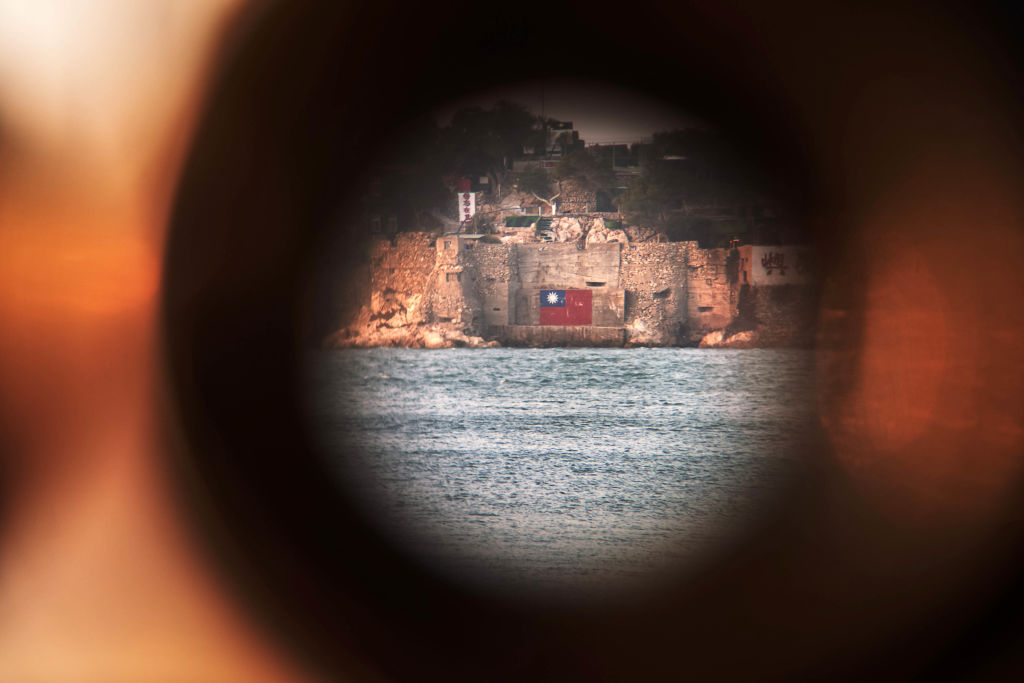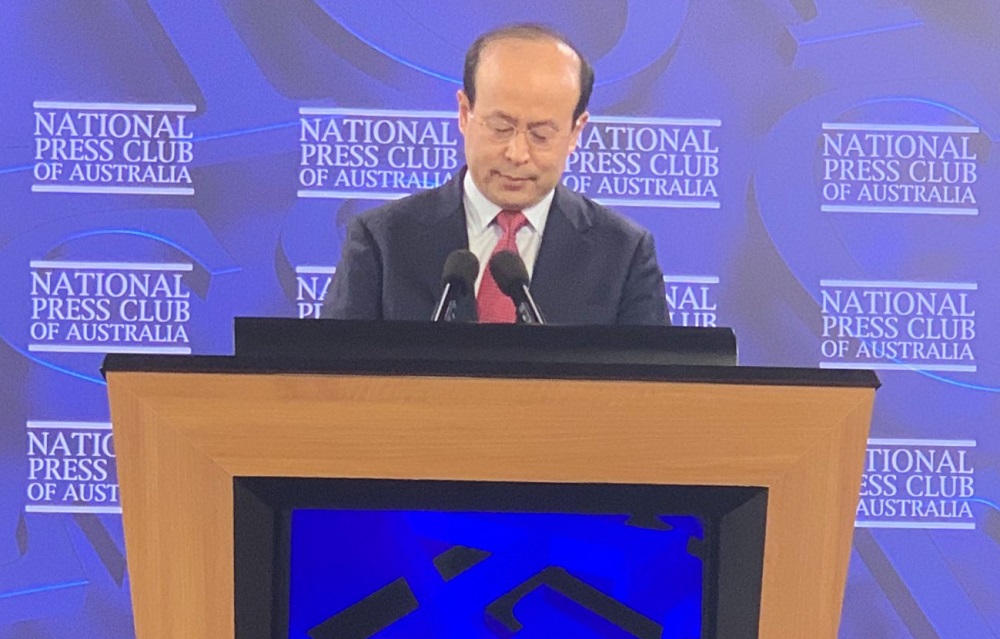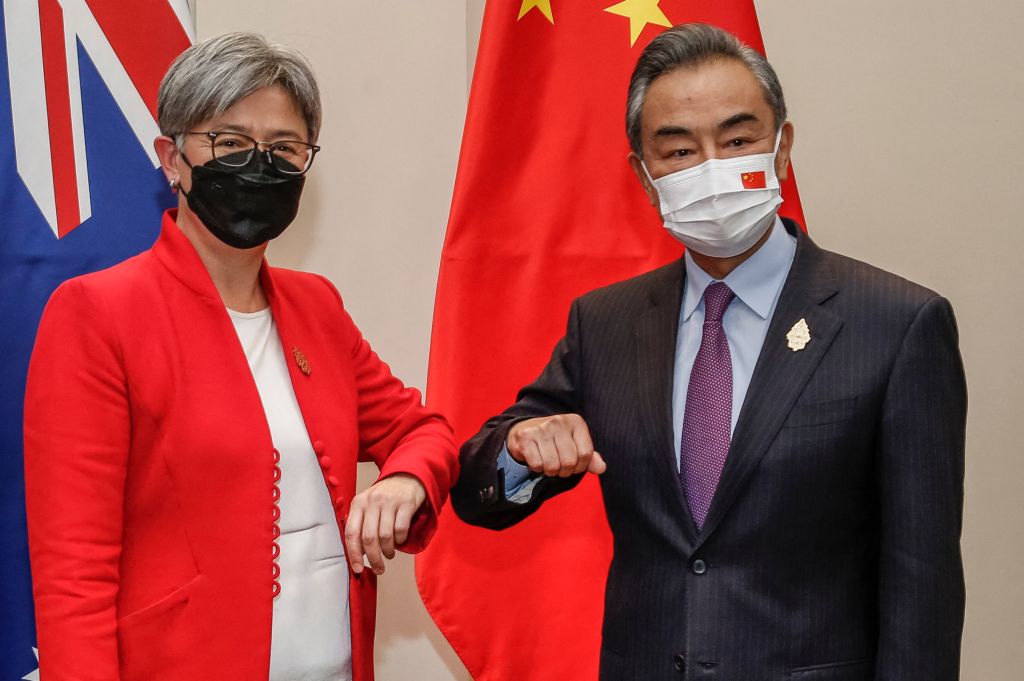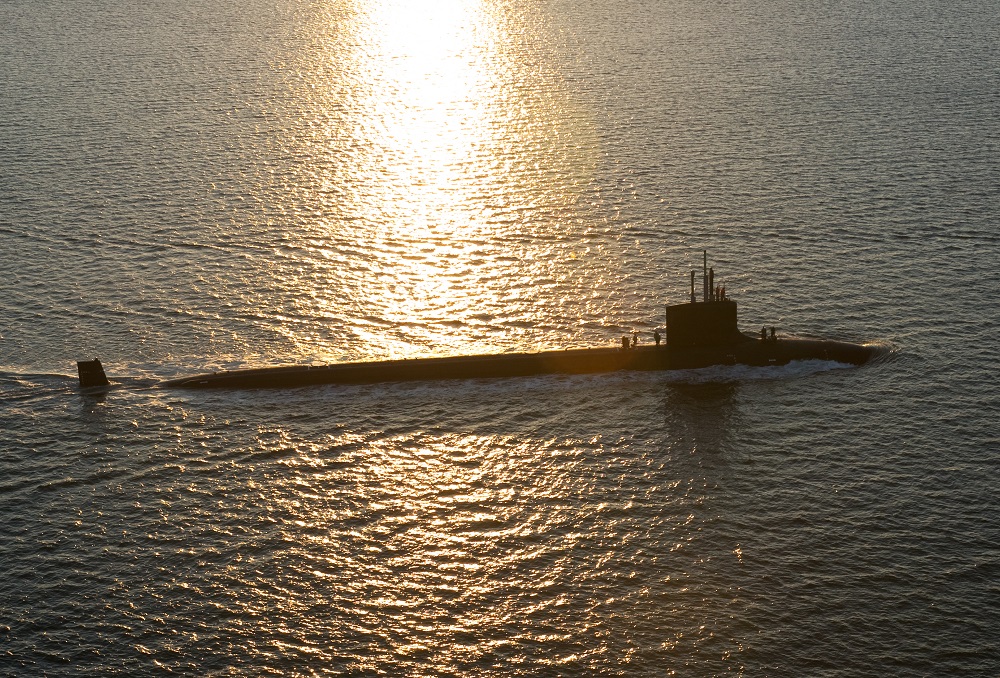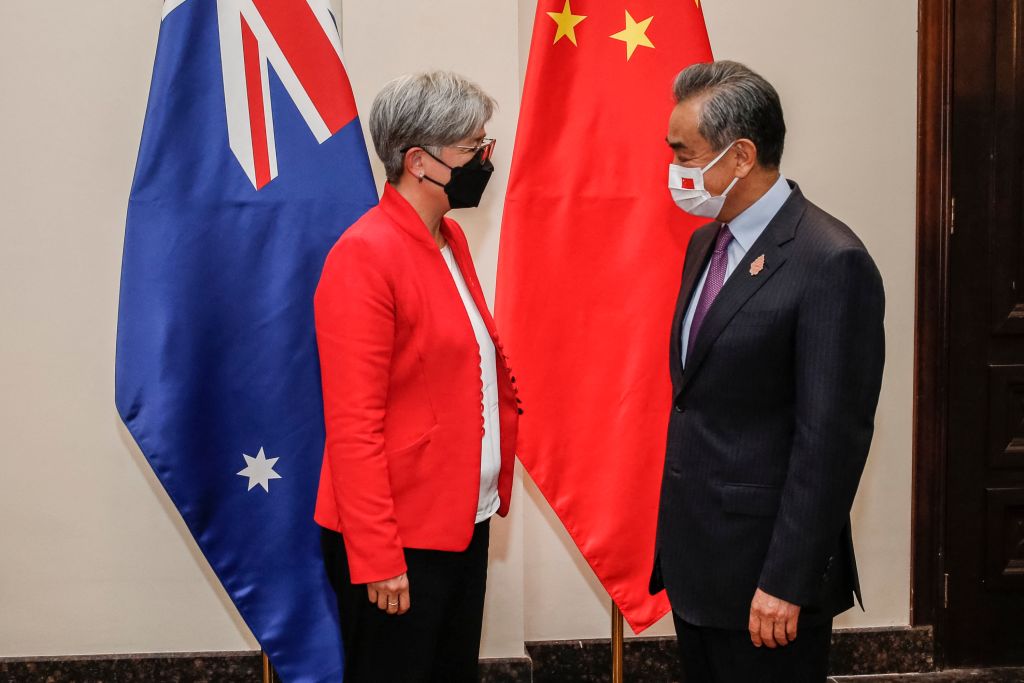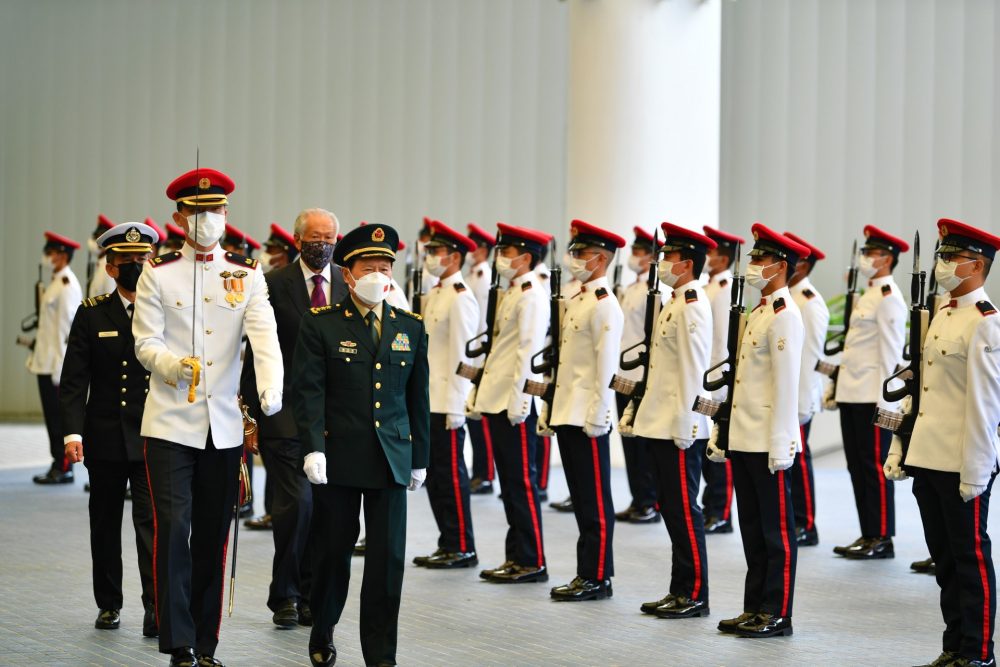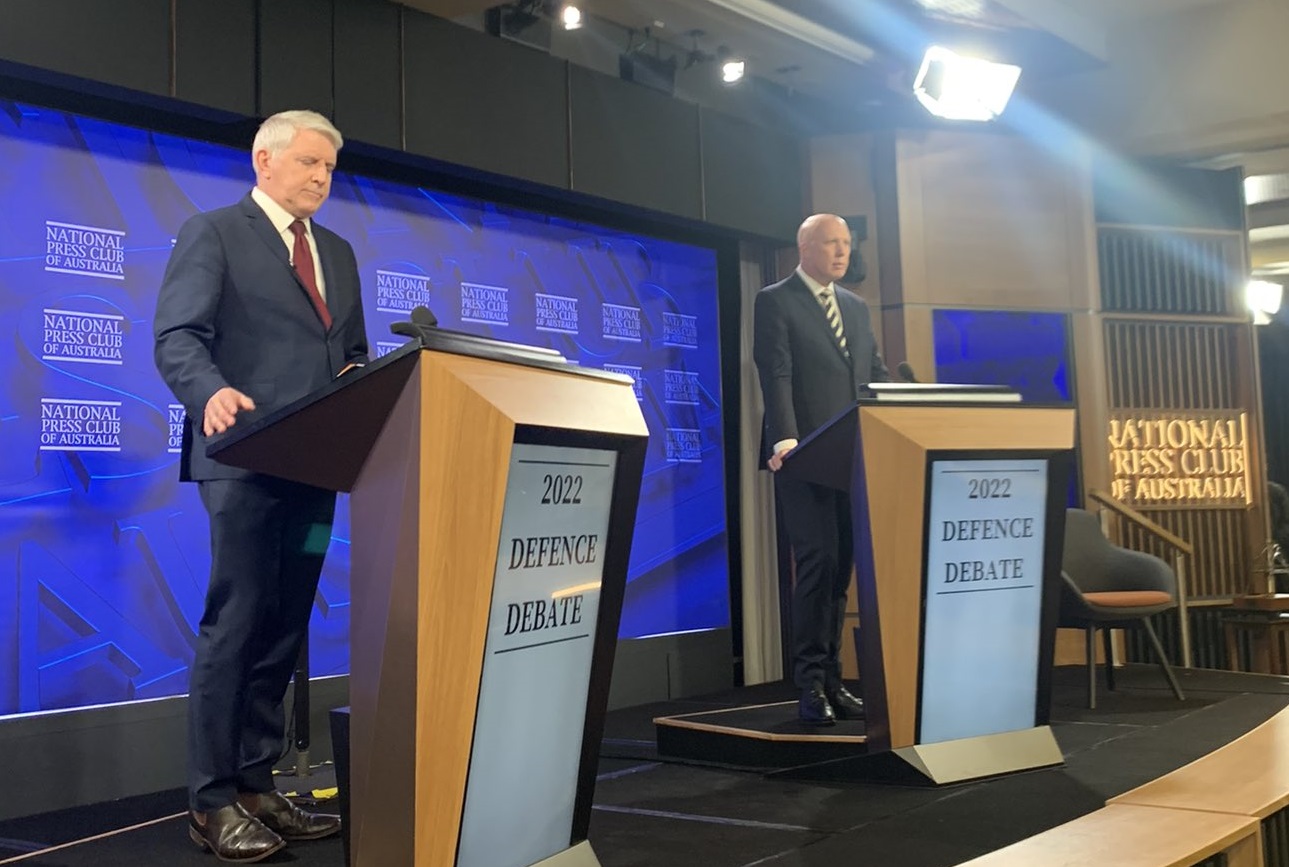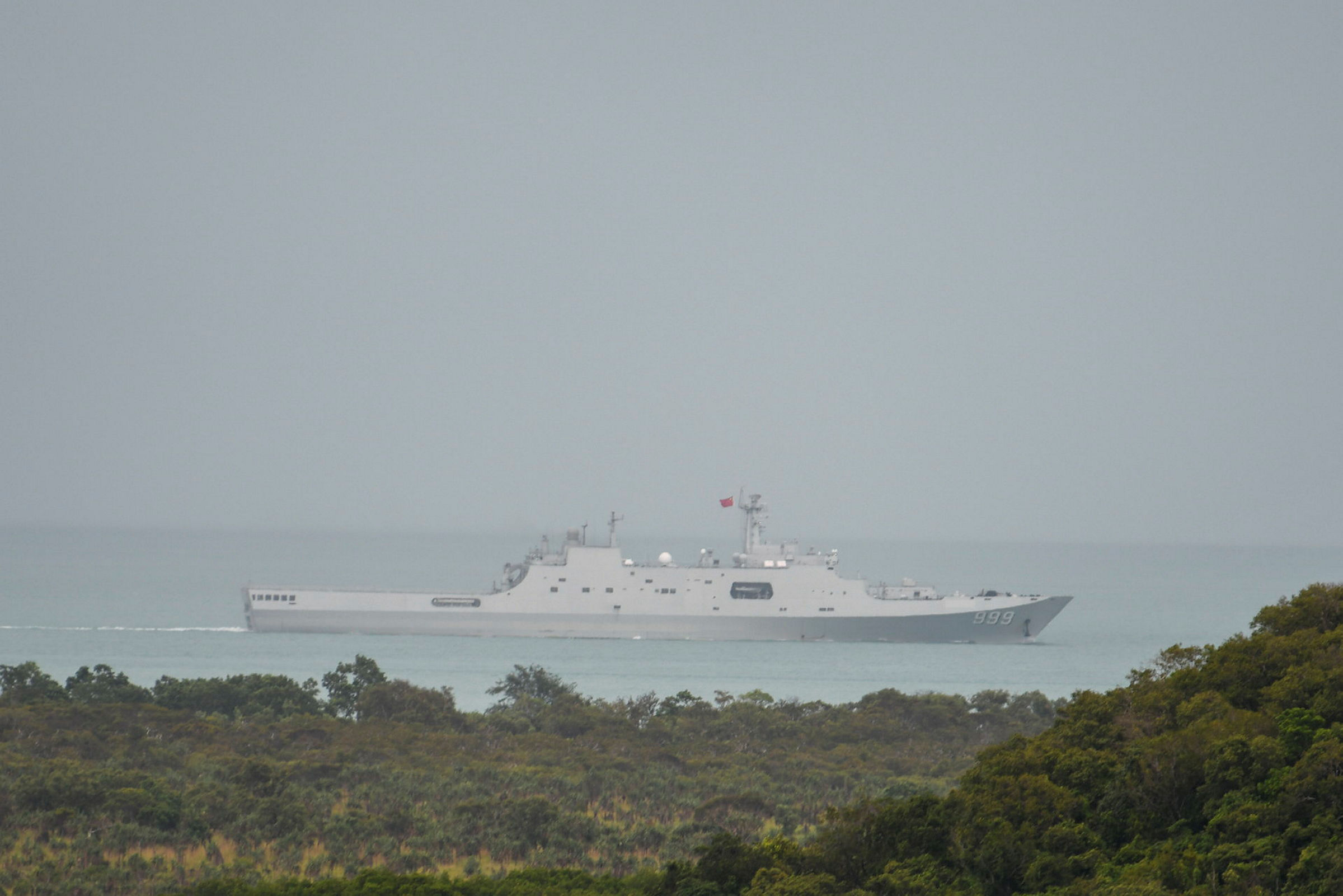Australia can help stop the Conflict Islands living up to their name
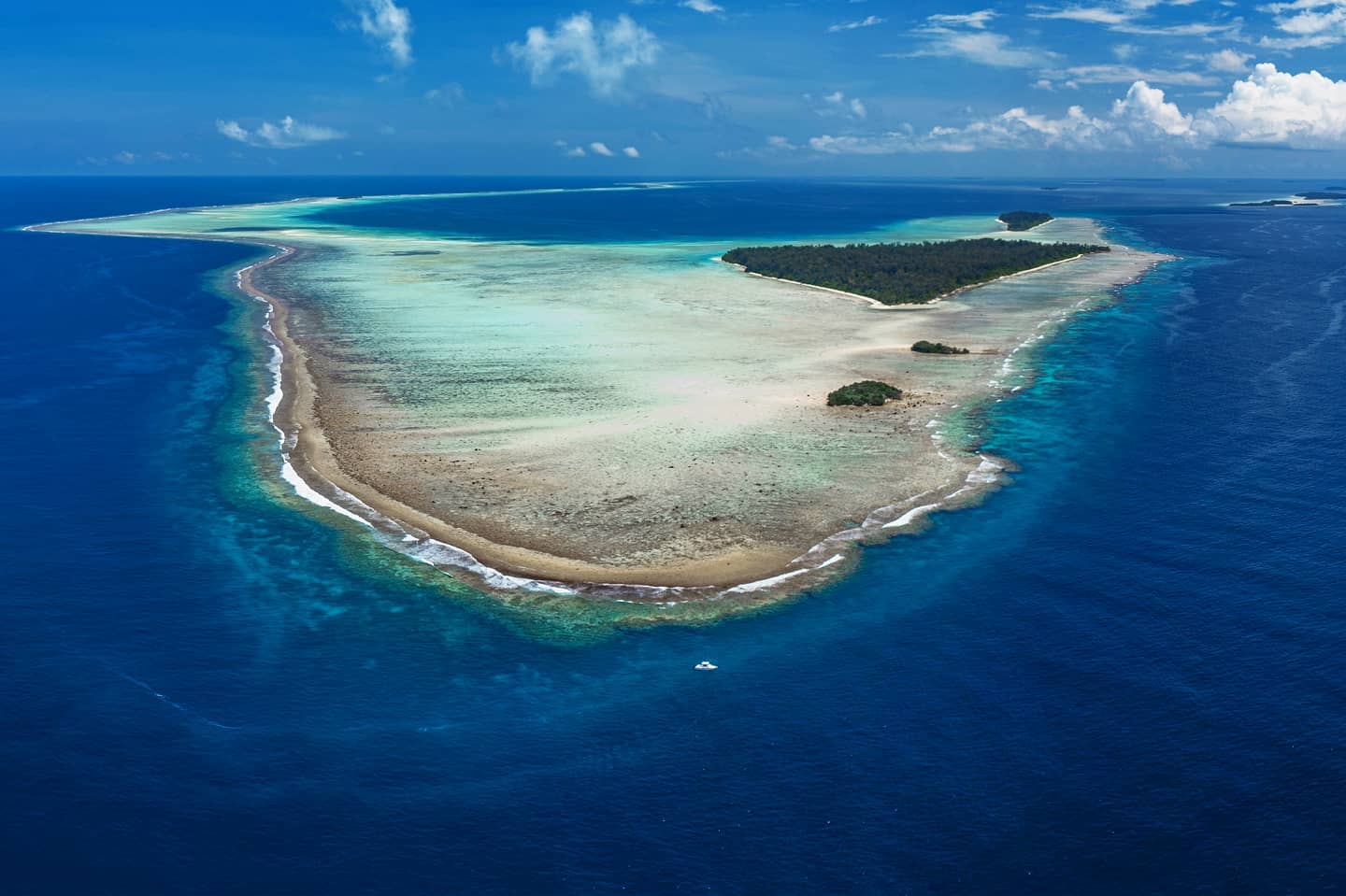
Until recently, many people hadn’t heard of the Conflict Islands. This group of 21 atolls lies within the Milne Bay Province of Papua New Guinea, between Milne Bay and Misima Island. They are within PNG’s border, subject to PNG’s legal system and foreign owned. They are also now for sale, subject to PNG’s legal system.
This is problematic for a number of reasons. For Australia, there are the security concerns associated with the proximity of the islands to Australia. They lie less than 1,000 kilometres off our coastline.
The Jomard Passage, declared by the International Maritime Organisation as a ‘particularly sensitive sea area’, is close to the Conflict Islands. On average, about 30 large commercial ships transit the passage every day, some from Australian east coast ports. It could be a significant revenue earner for Milne Bay Province through services provided by local pilotage companies. Last June, the PNG government declared the passage a compulsory pilotage area.
The main island in the group, Irai, has the capacity for a 3,000-metre runway.
With increasing interest from China in the region, Australia is right to be concerned about what happens to the islands.
For the PNG government, there’s the question of the islands’ foreign ownership. Land in PNG is normally held by customary landowners. In the early colonial period, there were quite a few plantations on small islands, the land being ‘purchased’ from local ‘chiefs’ for trinkets. Most have ceased operating under plantation management. Some have been abandoned and reverted to customary control. Some were unoccupied but have remained under freehold title and have since been bought and sold.
However, since independence in 1975, ownership of land is confined to the state and citizens of PNG. The country’s constitution provides that only citizens can acquire freehold land (section 56(1)(b)). Because some land was owned by non-citizens at the time of independence, provision was made to enable transfers of that land into the future. A special law was passed—the Land (Ownership of Freeholds) Act 1976—to enable owners of freeholds to apply for them to be converted to state leases.
There is also the pressure from local clans who claim the islands as their own territory and have long been pushing both the PNG central government and the Milne Bay provincial government to restore their rights to ownership.
China’s wider Pacific interests need to be noted here. In June, Chinese Foreign Minister Wang Yi conducted a tour of seven Pacific island states, including PNG, to press a joint plan to give China a greater role in regional maritime affairs. While the offer was turned down by island leaders, China will continue to push for a regional ocean security pact.
And let’s not forget the islands’ natural beauty. Described in tourism promotions as a ‘slice of heaven’ and a pristine tropical paradise at the top of the Coral Sea, they were visited by cruise ships pre-Covid-19. They are also home to 30 permanent residents and a turtle conservation program.
It’s a sensitive time to be selling. The Australian owner of the islands, Ian Gowrie-Smith, is offering to negotiate with the Australian government to sell them, given the political and possible security implications of any potential Chinese purchase. It appears that he bought the land in 2003 from Honolulu residents Lu and Mary Anne Nevels for US$25 million.
If the Conflict Islands are still on a freehold title, Gowrie-Smith can only sell that title to a citizen of PNG. If he wants to sell the islands to a non-citizen, he must first convert the titles to state leases. If the titles have already been converted to state leases, then he’s free to sell them to whomever he wishes, but any dealing would be subject to the approval of the PNG lands minister. One would assume that that would come with conditions of use, such as permissible development or protection of the environment. It’s a positive sign that the minister (who is also deputy prime minister), John Rosso, has been energised by all the publicity to have the matter investigated by his officials.
It’s a tricky situation. Australia generally isn’t in the business of buying foreign land and we wouldn’t want to offend our close neighbour and friend, especially when we’re now negotiating a new security agreement. And China will be watching how this plays out and, one could imagine, is keen to be involved. PNG has now indicated it doesn’t want that outcome.
Prime Minister Anthony Albanese has played a straight bat, arguing that it’s really a private transaction under relevant PNG law and we can’t be on the hook for every island in the Pacific.
A better approach might be for the Australian and PNG governments to encourage a group like Seacology or the better resourced Nature Conservancy to buy the islands and continue the marine and turtle conservation work there.
That would be a sustainable solution for environmental management with no negative security implications. It would avoid the political and environmental implications or even a possible military threat posed by Chinese ownership. It would play well with Australians and just might be acceptable to the residents of the islands.
Price may not be a big issue. The owner is reportedly expecting something north of $36 million for the islands. The Nature Conservancy has bought huge properties in Australia. A few years ago, the group partnered with Victoria-based Tiverton Agriculture to acquire two cattle stations in New South Wales in one of the highest value land-for-conservation deals in Australian history. The joint venture paid $55 million for the properties.
Perhaps a cheap long-term Australian government loan could help if necessary. Given what we’re now spending to limit geopolitical contest in our neighbourhood, such a loan wouldn’t touch the sides. Let’s hope for a happy outcome for the Conflict Islands.


